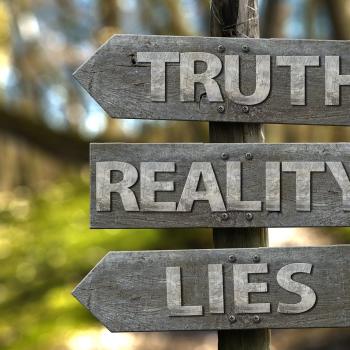Still, there was a fateful moment in this love on the rebound. John B. Perkins owned the furniture store next to the cabstand. With his retroactive permission I drew a strike zone on the alley-side wall of his building; measured off sixty feet, six inches to the other side of the back lot; scraped up enough gravel for a mound next to the Almand's cleaners; and started to pelt that wall with three rubber-coated baseballs I had bought for 49 cents each at the Western Auto Store. My Uncle Paul, who owned the local fish market and would later distinguish himself as the fire chief of the Brookhaven Fire Department, walked out back to watch me pitch.
"Boy, do you want to be a pitcher?" he asked.
"Worse than anything in the world," I answered.
"Well, there ain't but two things you gotta do. You gotta want to bad enough, and you gotta work hard enough."
"Is that true, Uncle Paul, is that really true?" I asked desperately because I never knew anyone-ANYONE-who wanted to play big-league ball as badly as I did, and in all the years I played in public school and college and semi-pro leagues, I never knew anyone who practiced more or harder or longer than I did.
"Shore it's true. You can do anything you want to if you work hard enough and want to bad enough. Hell, look at Babe Ruth. If he could do it, you can."
This assurance from my Uncle Paul helped at the time. But later as I thought about it, I knew that Babe Ruth was one of the most naturally gifted baseball players of all time. He was a great pitcher and held longtime records for his World Series feats on the mound, and, of course, his power hitting was epoch making. All of this Ruth did while engaging in mammoth debauchery and legendary night revelry with an inexhaustible capacity for food, drink, and sex. No amount of practice on my part could have matched Ruth in any of those categories, much less his enormous success in baseball while living out the seemingly contradictory combination of such things. Much later, my Uncle Paul put a shotgun to his chest in further contradiction to such assurances.
That day with my Uncle Paul seems unusually important. Surely the culture put the winner ethic in me before that. I must have known by then that trying harder and working longer were key to making it to the top. Yet, I strangely remember a shift after that, which I certainly don't blame on my Uncle Paul, but from then on baseball was something I no longer only played. It took on a reality consumed with becoming the best, with making it to the top, and, even worse, I came to have some persistent feeling that when I failed, it was my fault. No, it was worse than that. I had the sense that baseball became the arena in which I determined my worth as a human being. Worse even than that, in that social world it became the place where you prove you have balls. My failures, which were inevitable, then became testimonies to my own inadequacies and my lack of courage or the ability to deliver in the clutch, or to "get up" for the big game.
I started a game one night on the Fourth of July in Manchester, New Hampshire. While warming up, I thought I was ready. Seldom did I have as much stuff as I did that night on the sideline. The fastball moved, the curve broke, and I was hitting spots where the catcher held his glove. When I took the mound in the first, I threw eight straight balls and walked two batters. I threw my first strike to the third hitter, just one before I walked him. When I got three balls on the fourth batter, their cleanup hitter, I said to myself, "I must not, I will not walk him, no matter what." I threw the ball waist high right down the middle of the plate. The last time I saw that ball it was headed over the light tower in right center field. Anything that goes that high and that far ought to be in the NASA program. Somehow I got out of the first inning with the score "only" 4 to 0. In the second inning when they scored two more runs and I walked the bases loaded without getting anybody out, they pulled me from the game.
I experience such moments as being gutted. It feels as though there's nothing below your rib cage and your testicles seem to be creaming into a vacuous nothing. You are afraid to breathe deep, feeling as though your breath will become urine only to display your loss of control and to disclose your cowardice and impotence. It is the most demeaning and emasculating thing I have ever known. When you are afraid in a game, when you do question your ability, when you are exhausted, such things become a secondary response to more primary emotions, but they take on a powerful "reality." That is, if fear, hurt, and sadness, for example, are primary emotions, and anger is a secondary way to cover these emotions and deny them, then baseball can be constructed around anger. Motivation is then based in your fundamental being and you play the game in rage. It does not take a genius to see the ways that competition and baseball, masculinity and sexuality, and baseballs, bats, and genitals constitute forms of life with extensive cultural and psychic consequences. Let me say, too, that it is not necessary to reduce baseball to these dynamics alone to make the case that these things are a significant and major dimension of the way the game is played in America.




